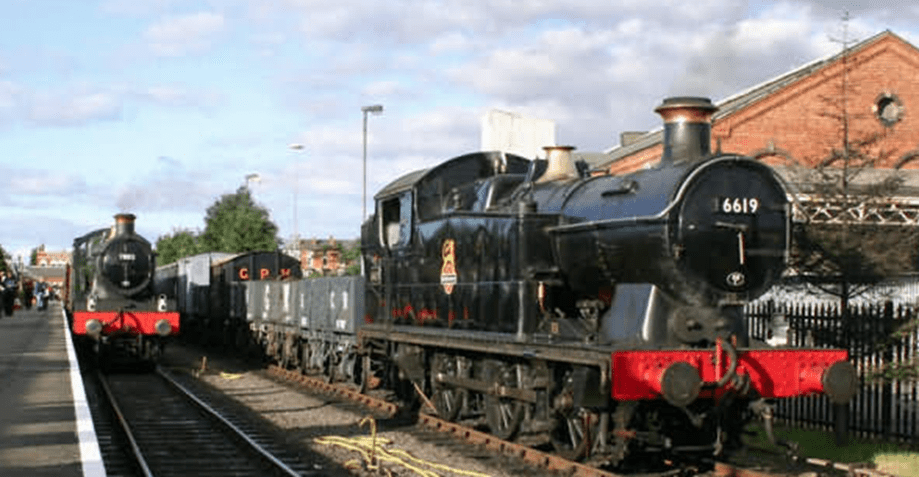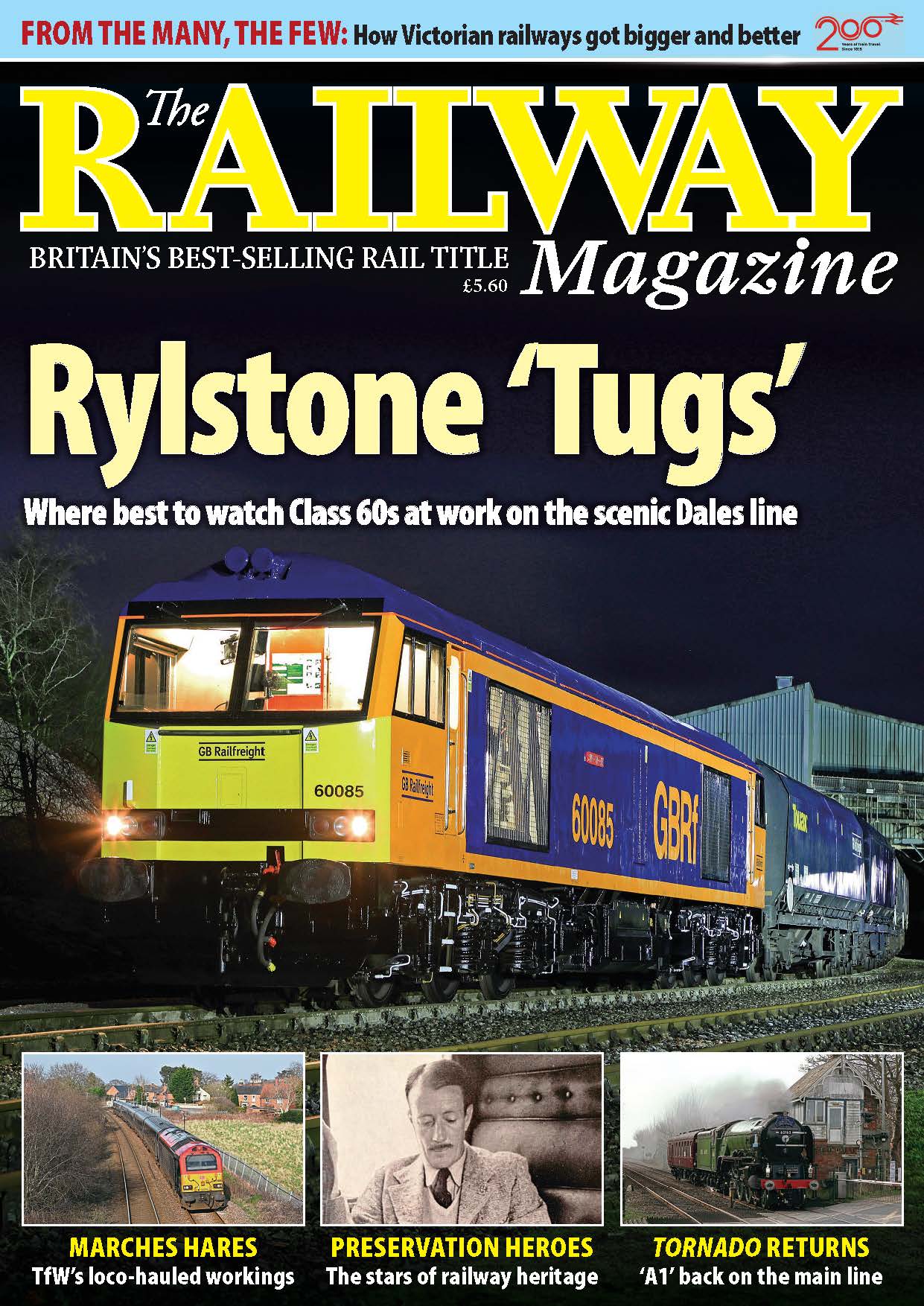We have received payment for the content in this article. Learn more.
The Severn Valley Railway launched an appeal for funds earlier this spring, asking wellwishers to donate after finding itself in need of financial help.

The financial crisis can be attributed to the effects of the Covid-19 pandemic, post-Brexit supply chain issues, the war in Ukraine and the cost-of-living crisis.
The funding aims to provide the railway with the necessary financial support to overcome escalating costs and reduced revenue that has significantly weakened its financial position.
This historic heritage railway running from Bridgnorth to Kidderminster has previously received Government funding, which is usually allocated to support heritage projects. To show gratitude, it offered free afternoon trips between Kidderminster and Highley to hundreds of lottery players because some of the money allocated to the conservation of the country’s heritage comes from the purchase of lottery tickets.
During the promotion, lottery players didn’t have to be excessively worried about how much it would cost to play the lottery since their trips were catered for. All they needed was to prove that they had bought a lottery ticket on the day of travel, which took place on March 18th, 19th, 25th, and 26th, to enjoy the promotion.
This is one of the many events Severn Valley Railway has been part of. Keeping the railway alive will boost the local economy, as well as preserve and showcase the heritage of the Great Western Railway and the overall railway industry.
The funding could help the railway through 2023
According to the railway’s interim managing director, Jonathan Dunster, this funding is set to help the railway through 2023 and get back on its feet in 2024. It is reported that various factors beyond the railway’s control have severely impacted its financial status.
For instance, escalating costs of utilities, fuel (coal and diesel), materials such as steel and copper, catering supplies and interest rates have affected the railway’s financial stability. In fact, the electricity bill alone has more than doubled in the past year and is projected to reach £500,000 by the end of 2023.
In addition, passenger numbers were down by approximately one-third compared with pre-Covid levels, resulting in a drop of around £1.5 million in revenue.
These challenges have weakened the SVR financially, and it urgently needs support.
SVR’s cost-cutting measures and revenue generation
Recognising the need to address the financial crisis, the SVR has implemented several cost-cutting measures. These include recruitment freezes, voluntary and compulsory redundancies, and a focus on purchasing only essential items.
Furthermore, the railway is maximising its efforts to secure passenger revenue through an extensive and attractive programme of events. Additional income streams, such as contract work from external customers, are also being pursued to bring in the much-needed cash.
Restructuring for long-term sustainability
The SVR recognises that a different approach to its business operations is crucial for long-term sustainability. The railway is exploring a restructuring that would consolidate its three separate companies and create a close-knit, efficient business structure.
By placing charitable status at the heart of this structure, the SVR aims to unlock new income streams, including Gift Aid on ticket sales, and benefit from zero business rates and reduced administrative overheads.
The line has applied for funds from the National Lottery Heritage Fund to facilitate this restructuring process, which is expected to take up to a year, involving consultations with shareholders, members, and donors.
The importance of immediate support
While the long-term restructuring plan is being developed, the SVR’s immediate priority is maintaining its operations. Cash flow is crucial for the railway, particularly during the lean months when it is not generating income.
However, the financial challenges of the past three years have depleted the reserve fund that previously helped the SVR weather the low-revenue periods. With urgent intervention, the railway will likely be able to overcome its current financial difficulties and position itself for future success.
Supporting the survival fund appeal
To ensure the financial viability of the SVR in the short, medium, and long term, a joint effort by SVR (Holdings) Plc, the SVR Charitable Trust, and the SVR Company Ltd has launched the £1.5 million Survival Fund appeal. The funds raised will be used in accordance with the objectives and aims of the SVR Charitable Trust. Donations of any size are welcomed, and taxpayers can increase their contributions by 25% through the Gift Aid scheme at no additional cost.
Conclusion
Like many other heritage organisations, the Severn Valley Railway has faced significant financial challenges due to various external factors despite receiving grants in the past. Immediate financial support is crucial to maintain operations and overcome the current crisis.
By donating to the Survival Fund appeal, individuals can play a vital role in preserving this historic railway, ensuring that future generations will also enjoy the unique experience it offers.




